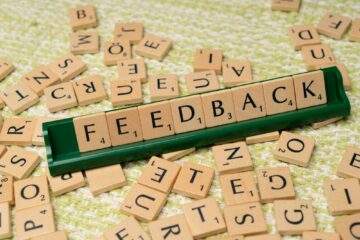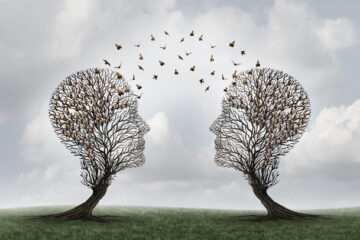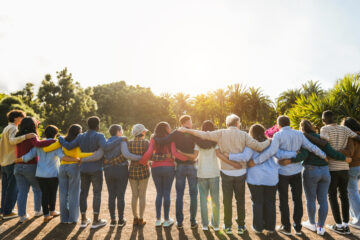As my previous blogs, I will keep this short, precise, and concise and I will just mention to you, fellow fellows and friends, what humanitarian technologies are there and what are their risks/challenges for you to consider once you become country managers focusing on impact more than just earning money and fancy dinners.
And the list starts here:
A humanitarian crisis means a logistics crisis:
In any disaster situation, be it an earthquake, a flood or a civil war, getting medical supplies, food and water to the damaged area is a major challenge for those who want to help. Thus, USAID disaster experts advocate for cash transfer as donations rather than actual products.
In the US, after hurricanes, many companies used drones to fly-in products to people but, unreported, some drones were stolen and sold as spare parts by some people who needed money (or not) and here is the decrease of trust among stakeholders and the increase of the cost of aid. We should also keep in mind that drones are illegal in certain countries which makes it even harder to be effective.
Drones are good, to a certain extent.
Connectivity: (this a big thing)
The noble and needed part of this is to provide people with phone and internet access. Amazon has a Snowball Edge solution that makes a local cloud system deployed fast for organizations, and other companies can set up satellite phones or local network phone systems.
The challenge is… who controls data and who controls communications ?
And i am telling you, who controls telecommunications, controls the people.
Now everyone has a mobile phones, we can now have a much greater understand of peoples’ location and travel habits through call data records (CDR) – specifically just the radio tower location and usage. From there, we can advise on where people would go in an emergency, such as a relative’s home, and receives/distribute relief supplies accordingly. However, this data is very sensitive and we must be careful about who has it and how they could use or share it. Who is a “good” or “bad” actor in a specific context can be very fluid, putting already vulnerable people at even greater risk.
Digital ID: (and this is a VERY VERY big thing)
In disasters, we don’t know if people are who they say that are. The Syrian refugee crisis led to some North African illegal immigrants pretending to be Syrians just to get the official papers. So what services should they be entitled to or be denied? Other questions around identity can be difficult to answer when someone has never had an official identity before, or their documentation was lost in the crisis. Digital identities could be a solution but the challenges include that some people desire to stay in the informal economy when employment is restricted to other classes of people, such as unrecognized citizens of that country and discriminated against minorities.
I hope this has been informative and critical enough to make our minds function better and in a creative way, despite the bad american food. (yes, I miss home, i miss GOOD food and i miss my grandma’s cooking).



